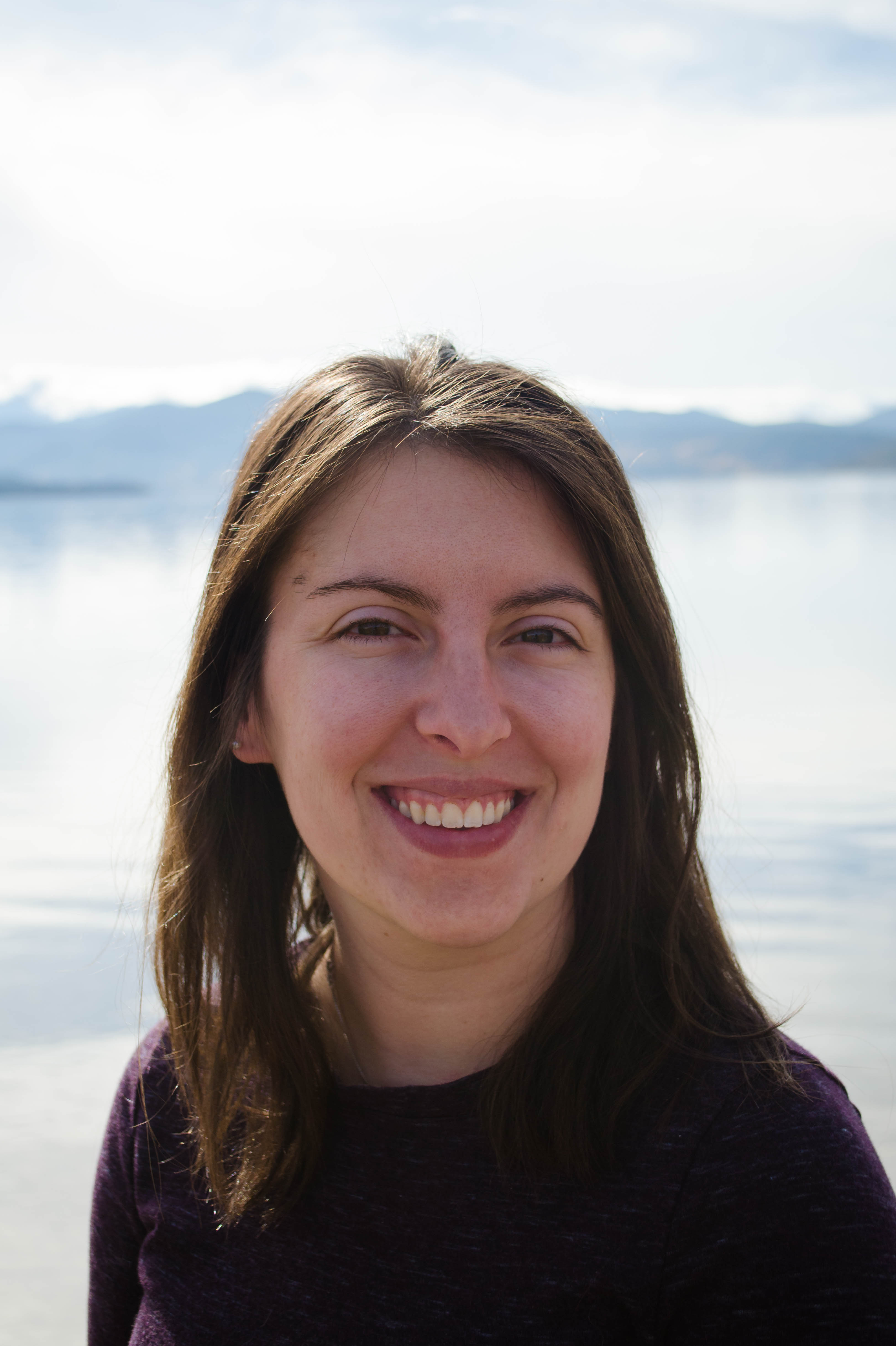
I started undergrad resigned to the idea of preparing myself for medical school. I was passionate about becoming well-versed in biology to have the skills to help others, but the only avenue I knew about (becoming a medical doctor) did not enthuse me. In my time at Georgia Tech, I was introduced to the myriad ways you can advance health and medical care besides providing healthcare, and my enthusiasm for medicine was completely revived. There were so many options available to me, and the Biology department and the College of Sciences had abundant opportunities for me explore them and see what I found most engaging. My first experiences with research through the Honors Biology labs and the Petit Scholar program were incredible and gave me the qualifications to receive a scholarship to a summer research program in Seattle; my internships at the Fernbank Museum of Natural History and a start-up company (based on research out of Georgia Tech) were vastly disparate undertakings that I loved for entirely different reasons; and the free elective course I took detailing the various career paths open to scientists provided additional options I had never even considered.
The training I received as I worked towards my biology degree gave me both the knowledge and wherewithal to envision a new future for myself and to achieve it. By the month after I graduated I had the opportunity to choose between an industry job at a biotech start-up, a fellowship at the CDC, and a position in a lab at Emory. I joined the lab of Dr. Francisco Alvarez in Physiology Department at Emory University, where I have spent the last 3 years working as a research specialist to generate mouse models in which we can regulate the activity in vivo of various types of spinal interneurons that are involved in motor circuitry. I came to the lab completely prepared by my degree to do research and was able hit the ground running. I am completely blown away by how much I have learned and where it has led me – to conferences, presentations, publishing papers, and more. We recently received an R21 grant from the NIH based on the preliminary data I’ve generated, and I am excited to developing the project. Working full-time in an academic setting allowed me to experience the collaborative nature of science, the emphasis placed on mentorship, and the electrifying feeling of pushing forward the frontier of knowledge that I glimpsed in undergrad and that inspired me to pursue research in the first place. The natural next step was graduate school. I am grateful that my earlier training (at Georgia Tech and elsewhere) enabled me to be a competitive applicant and am excited to continue my scientific training in the Emory Neuroscience Graduate Program starting in August 2019.
It goes without saying that a degree from Georgia Tech will prepare you for the technical requirements in your field after graduating, but what I was surprised to find is how adaptable my “soft skills” were and how quickly I was able to acclimate to unfamiliar situations and begin contributing to the task at hand. This of course applies to the scientific method, to being able to think critically about a problem or experiment and design ways to ask questions and get more information, but also to other areas – for example, the experience of innumerable in-class presentations translated surprisingly well towards developing a business plan or lesson plans.
Number one: Make use of all of the resources available to you. Your advisors, counselors, and other university staff are there at your disposal – use them! There are programs to help you plan your class schedules; apply for scholarships and jobs; develop resumes, CVs, and personal statements; assess various career options; and so much more. The Biology department advisors helped me SO MUCH.
Number two: Have a plan. You can deviate from that plan, but have a plan in place to help keep you from analysis paralysis. (Can’t decide if you want to do biology or chemistry? Not sure about medical school? Have too many fun electives to choose from? Pick something and prepare for it. You can always change your mind later, and whatever you did in the meantime could put you on the way to a minor or just help diversify your background. Better to have spent a summer shadowing a doctor and then decide you aren’t interested in medical school than to try to squeeze 200 hours of shadowing into 1 month.)


